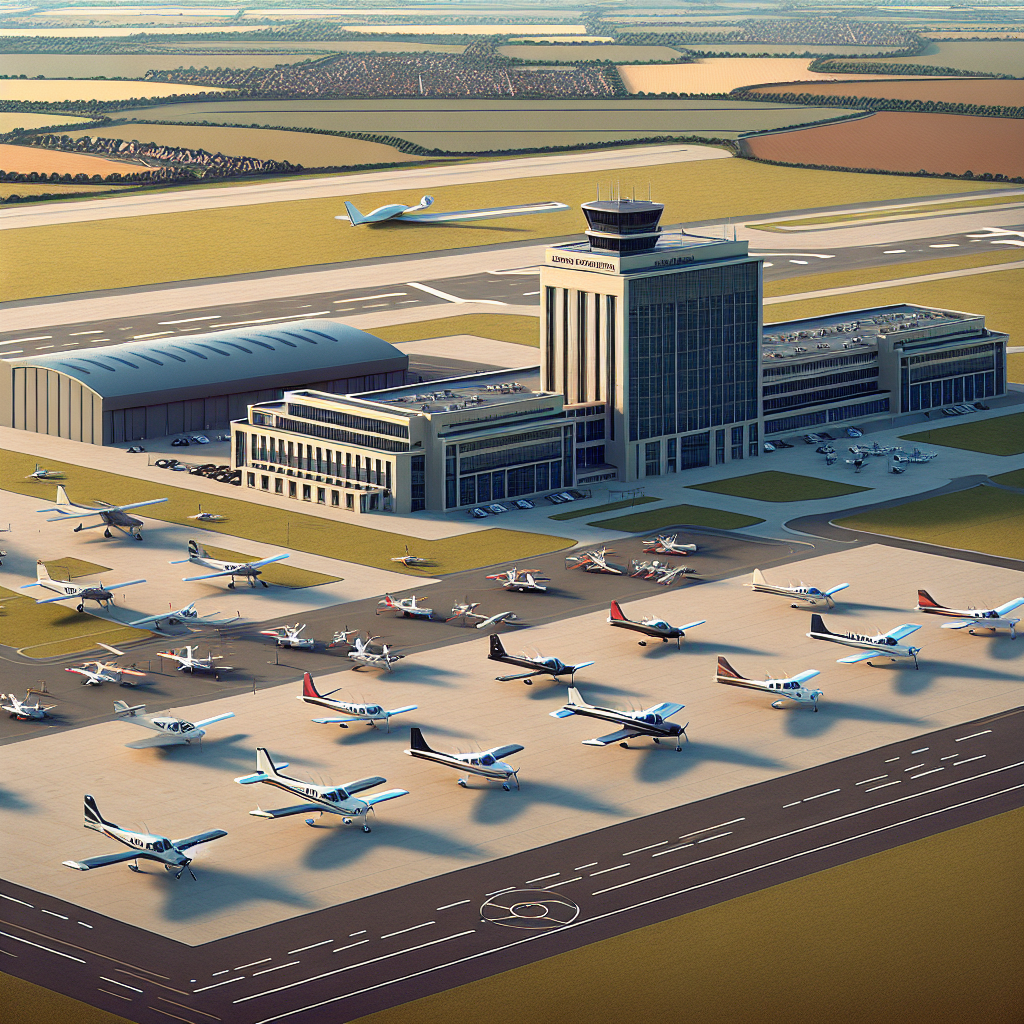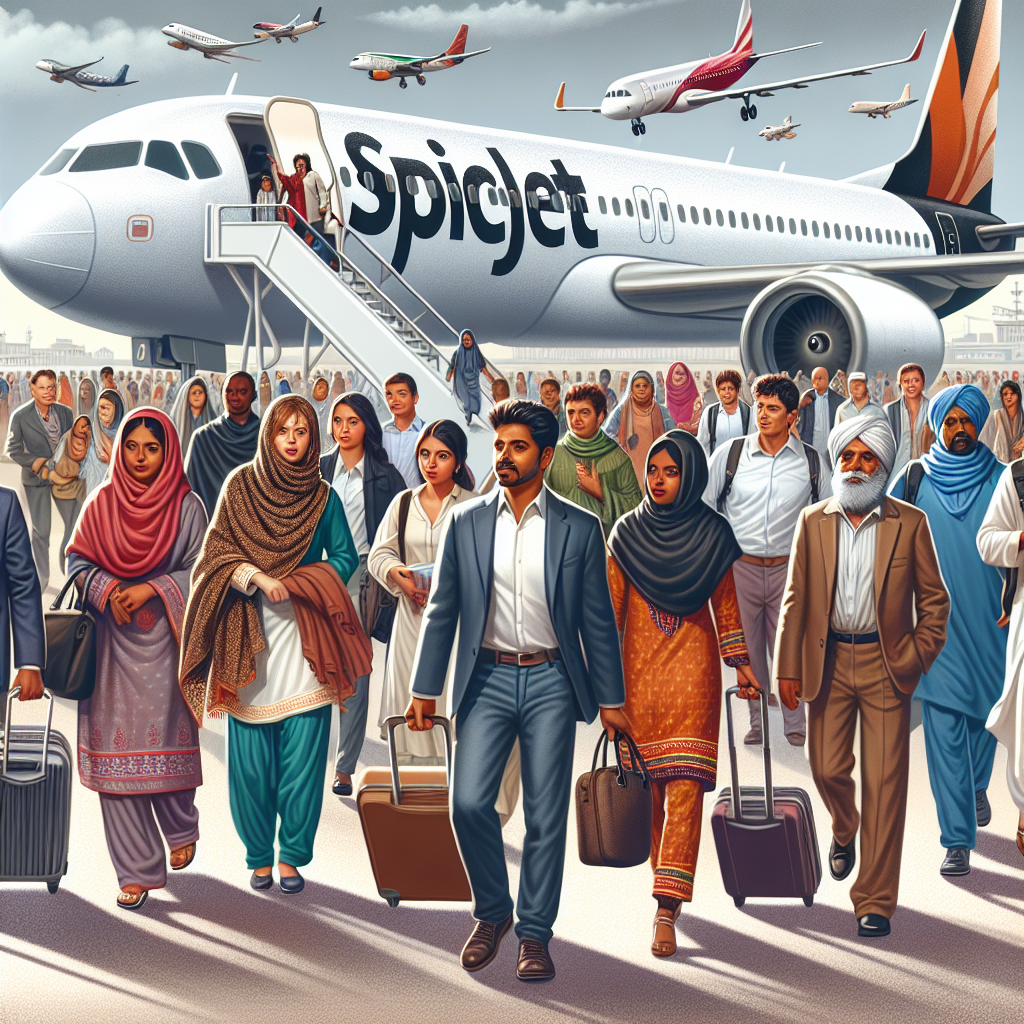Pix mailed separately Pune: Southern Army Commander Lt Gen Dhiraj Seth said the nation mastering quantum technology first would hold the ultimate strategic advantage, just as nuclear weapons shaped military doctrines in the 20th century, and India must act with "urgency". According to the commander, major global powers such as China, the US and Russia were aggressively investing in quantum systems. "The race is not about innovation.
It is about national security, economic leadership and technological sovereignty," he said while delivering a speech during a seminar on "Quantum Technology Impact on Future Warfare and Way Ahead" at the Southern Command's auditorium on Wednesday. About 100 students and military officers attended the seminar in which other experts on quantum technology delivered talks. Lt Gen Seth said, "Quantum sensing has perhaps the most immediate military impact.

Advanced quantum sensors will revolutionise navigation, imaging and surveillance. Stealth technology, the backbone of modern air and naval warfare, may soon be obsolete. A quantum radar, unlike conventional radar systems, can detect stealth aircraft and submarines with unparalleled accuracy.
In 2018, China announced progress in quantum radar development, potentially neutralising stealth aircraft like the F-35 or even our future Advanced Medium Combat Aircraft (AMCA)." The commander said quantum computing , communication and sensing had direct impact and disruptive implications for military operations, much like cyber warfare that redefined conflict in the last two decades. For instance, he said, most modern military communications, secure networks and banking systems relied on advanced encryption methods, which take even supercomputers years to crack.
"A sufficiently advanced quantum computer could break these encryptions in minutes, rendering conventional cybersecurity obsolete. Imagine a future battlefield where an adversary can instantly decrypt military communications, exposing troop movements and operational plans. It is not just a theoretical possibility but an emerging reality we must prepare for.
China has demonstrated progress in quantum decryption capabilities, and the US launched a ‘Quantum Computing Cybersecurity Preparedness Act' to counter this threat," the commander said. " Quantum communication offers hack-proof communication. China's Mozi satellite, launched in 2016, successfully enabled quantum-secured communication over thousands of kilometres.
In 2021, China conducted the first quantum encrypted video call between Beijing and Vienna," he said. "If an adversary eavesdrops, quantum physics ensures that the information self-destructs. For India, securing military command and control systems using quantum-safe encryption will be critical.
The Indian Army's recent success in conducting quantum communication field trials is a promising step in this direction," said Lt Gen Seth. The commander said the path was clear for India. "We must accelerate research, develop indigenous quantum-secure communication networks, and invest in quantum sensing and computing for defence applications," he said.
"A strong public-private academic collaboration will be critical. This is not just about future-proofing our military. It is about securing India's strategic autonomy in an era where data encryption and sensing will define the battlespace.
We have the intellectual capital, institutional framework and national resolve. Now, we must act with urgency," he said. The commander said India recognised the importance of quantum technology and took critical steps under the National Quantum Mission with an investment of Rs6,000 crore.
"Our govt envisioned this shift and steps were initiated to make India a world leader in this domain. The National Quantum Mission, AI Mission and Semiconductor Mission will open doors to new possibilities," he added. Stay updated with the latest city news , Air Quality Index (AQI), and weather updates for major cities like Delhi , Mumbai , Noida , and Bangalore on Times of India .
.
Health

Quantum technology to offer advanced military applications, like nuclear weapons in 20th century: Southern Army Commander
















